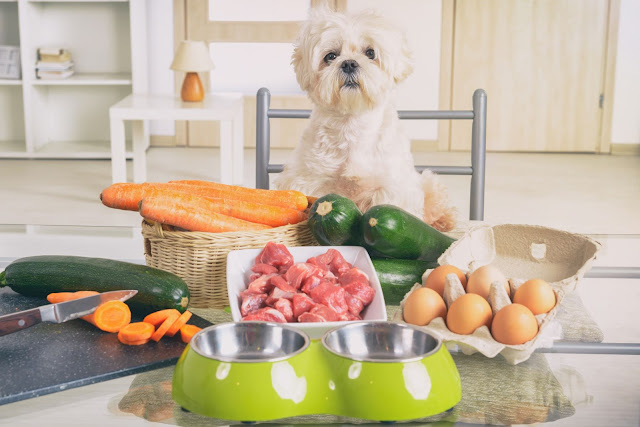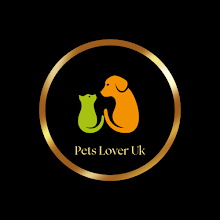Proper nutrition is the cornerstone of your pet's health and well-being. Just like humans, pets require a balanced diet to thrive. In this guide, we'll explore the significance of nutrition for your furry friend and provide valuable tips on how to choose the best diet for their unique needs. Whether you have a dog, a cat, or another pet, these nutrition tips will help ensure a long and healthy life for your beloved companion.
The Importance of Nutrition for Pets
Nutrition plays a vital role in your pet's overall health. A well-balanced diet provides the necessary nutrients, vitamins, and minerals to support:
Healthy Growth: For puppies and kittens, proper nutrition is essential for growth and development.
Weight Management: Maintaining an ideal weight helps prevent obesity-related health issues.
Strong Immune System: A well-nourished pet is better equipped to fight off illnesses.
Shiny Coat and Healthy Skin: Nutrient-rich diets promote a glossy coat and itch-free skin.
Optimal Digestion: Quality ingredients aid in digestion, reducing the risk of gastrointestinal problems.
Choosing the Right Diet
Consult Your Vet: Start by consulting your veterinarian. They can assess your pet's specific needs based on age, breed, activity level, and any existing health conditions.
Consider Commercial Pet Food: Commercial pet food is formulated to meet specific dietary requirements. Look for reputable brands that use high-quality ingredients.
Read Labels: Pay attention to the ingredients list. Look for named animal proteins (e.g., chicken, beef) as the primary ingredients. Avoid foods with excessive fillers and additives.
Understand Dietary Needs: Different pets have different dietary needs. For instance, cats are obligate carnivores and require a higher protein intake compared to dogs.
Portion Control: Overfeeding can lead to obesity. Follow feeding guidelines based on your pet's weight and adjust as needed.
Homemade Diets
Some pet owners prefer preparing homemade diets. If you choose this route:
Research Thoroughly: Ensure you understand your pet's specific dietary requirements, including necessary nutrients and proportions.
Consult a Veterinary Nutritionist: Seek advice from a veterinary nutritionist to create a balanced and safe homemade diet plan.
Quality Ingredients: Use high-quality ingredients and avoid harmful foods, such as chocolate, onions, and grapes, which can be toxic to pets.
Monitor Closely: Regularly monitor your pet's weight, coat condition, and overall health. Be prepared to adjust the diet if needed.
Conclusion
Proper nutrition is an essential part of responsible pet ownership. By providing your furry friend with a well-balanced diet tailored to their needs, you're ensuring their long-term health and happiness. Consult your veterinarian, choose high-quality pet food, and be attentive to your pet's unique nutritional requirements. With the right approach to nutrition, you'll have a healthy and thriving companion by your side for years to come.
Also Read:













0 Comments